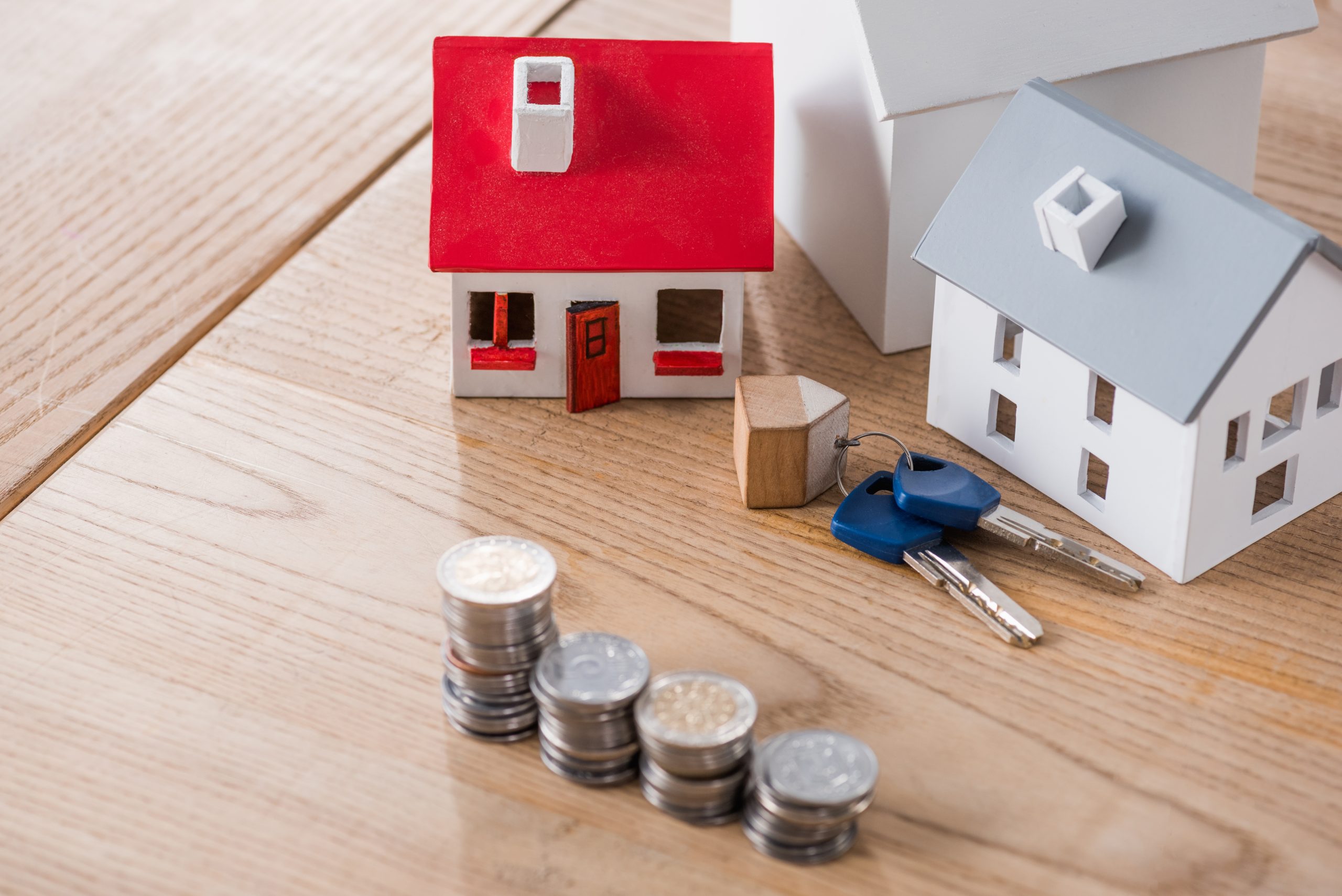
Owning property in Dubai is a dream for many. However, financial difficulties can sometimes lead to missed mortgage payments. The consequences can be severe, but understanding your options can help you navigate this situation effectively.
Understanding Mortgage Default in Dubai
Mortgage default occurs when a borrower fails to make agreed-upon loan payments. Banks typically provide a grace period, but prolonged non-payment can lead to serious consequences. What Happens If You Default on a Mortgage in Dubai? The lender may take legal action, affecting both your property and financial stability.
Stages of Mortgage Default
1. Initial Missed Payment
If you miss one payment, your bank will notify you. They may charge a late fee and remind you to settle the outstanding amount.
2. Repeated Missed Payments
After two or three consecutive missed payments, the bank may classify your mortgage as delinquent. This can impact your credit score and eligibility for future loans.
3. Legal Notices and Warnings
Banks issue formal notices demanding payment. Ignoring these notices can escalate the situation. What Happens If You Default on a Mortgage in Dubai? The lender may initiate legal proceedings against you.
4. Legal Action and Property Repossession
Under UAE law, lenders can file a case in court to recover the outstanding loan. If the borrower fails to settle, the court may order property repossession and auction.
Consequences of Mortgage Default
1. Property Repossession
The bank has the right to seize the property and sell it to recover losses. If the sale price does not cover the remaining loan balance, you remain liable for the shortfall.
2. Credit Score Impact
Defaulting on a mortgage severely damages your credit score. Future loan approvals become difficult, and financial institutions may classify you as a high-risk borrower.
3. Legal Penalties
What Happens If You Default on a Mortgage in Dubai? Legal consequences may include travel bans, lawsuits, or even criminal charges in extreme cases of financial fraud.
4. Travel and Visa Restrictions
Unsettled debts can result in travel bans, preventing borrowers from leaving the UAE until financial obligations are resolved.
How to Avoid Mortgage Default
1. Open Communication with Lenders
If you’re struggling to make payments, inform your bank immediately. Many lenders offer restructuring options to ease financial burdens.
2. Loan Restructuring Options
Some banks allow borrowers to extend loan tenure, reduce monthly payments, or refinance at a lower interest rate.
3. Selling the Property
If repayment is impossible, consider selling the property before the bank seizes it. This helps prevent legal complications and financial loss.
4. Seeking Financial Advice
Consult a mortgage expert to explore available options and create a plan to manage debt effectively.
What to Do If You Are Facing Mortgage Default
- Review Your Loan Terms – Understand penalties and available solutions.
- Negotiate with Your Bank – Request payment extensions or restructuring.
- Seek Legal Assistance – Get professional advice on your rights and obligations.
- Consider Refinancing – Lower your monthly payments by refinancing with a better rate.
- Prepare a Financial Plan – Cut unnecessary expenses and allocate funds for mortgage payments.
Conclusion
What Happens If You Default on a Mortgage in Dubai? The consequences range from property repossession to legal penalties. However, proactive steps such as loan restructuring, negotiating with banks, and seeking financial advice can help manage the situation effectively. If you’re struggling with mortgage payments, act early to protect your financial future and avoid severe repercussions.
Read our latest Blog




